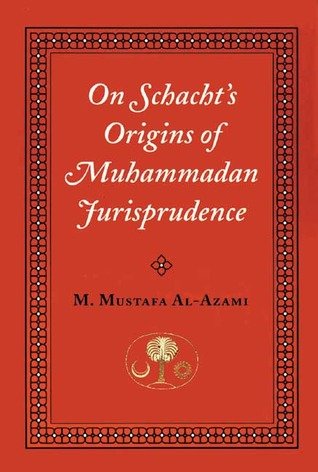Before we use emotion to judge this situation, let's try to honestly do a bit of intellect searching,
For example:
According to Sahih Muslim; (student of Bukhari)
Before copy-pasting material from the internet, please do some own research.
Scholars have written volumes explaining the apparent contradiction between Ahadeeth based on the study of the context and taking in to account all the other Ahadeeth on the same subject. If you know Arabic, then please search for الجمع بين النصوص المتعارضة
There's always some wisdom behind the different wordings of Ahadeeth. Sometimes it indicates the permissibility of an action in certain conditions, or the possibility of more than one observation/explanation etc.
As for the two Ahadeeth that you have quoted, Mufti Rafi Uthmani has mentioned in the footnotes of
Alamaate Qiyaamat aur Nuzoole Maseeh, pg 68-69, that
both the eyes of Dajjal will be defective and that he is completely blind in one eye while the other will be functional but defective. He has explained this based on the different wordings used in Arabic to describe his eyes. Of course, you cannot see the difference when you simply rely on the copy-pasted translations.
This is the reason why we should study the Religious Texts under the tutelage of a scholar. If someone reads all the books of Civil Engineering, he won't become a Civil Engineer, unless he studies under the guidance of professors at the university. There would be some parts which can be easily understood but for most of the cases, there would be a need of professional guidance.
Similarly, Sahih Bukhari, Muslim etc are all reference books of Hadeeth. They are not meant for every layman. For the laymen, there are other compilations such as Riyadh As-Saliheen, and books on different acts of worship, Aqeedah and other aspects of Deen.
Anyway, this is off topic here.
If a single scholar in the 8th century "projected back" a chain that contained honest people who are anachronistically valid, there is absolutely no way to objectively scrutinize the accuracy of that scholar's projection. And therefore there exists the possibility that countless "authentic" chains exist that actually were fabricated. But we have no way of determining whether or not the chains were fabricated.
We have a "science" to test if the hadith were fabricated, but no science to check if the chains were fabricated.
So there is a serious fault in the "science".
You mean to say that if Imam Bukhari fabricated a chain to include a Hadith in his compilation, then nobody would know that his chain is fabricated? Why not?
There were his contemporaries who tested him a number of times, and if he (or any other Hadith scholar) had fabricated anything, then it would have known immediately. Why would all his contemporary scholars approve of a fabrication?
It is like when you write a research paper and fake a citation. When you submit your paper for publishing, the reviewers would check the quotations to ensure whether it exists in the referenced material or not. If they don't find it, then your paper would be rejected.
Similarly, all the contemporary scholars of the Hadith compilers have endorsed their compilations. Had they found any fabrication, they would have indicated that.
There's no fault in the science of Hadeeth, rather the fault is in your understanding of it.
Funny how some people don't even know the Arabic alphabets in sequence yet they set to scrutinize the acclaimed Scholarships.


 . You don't accept hadeeth, but we do.
. You don't accept hadeeth, but we do.